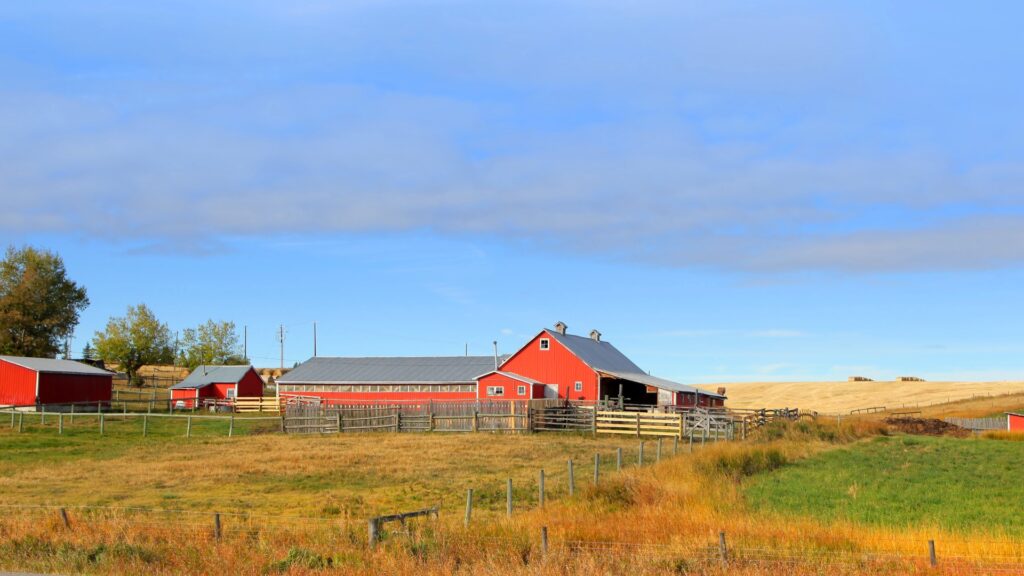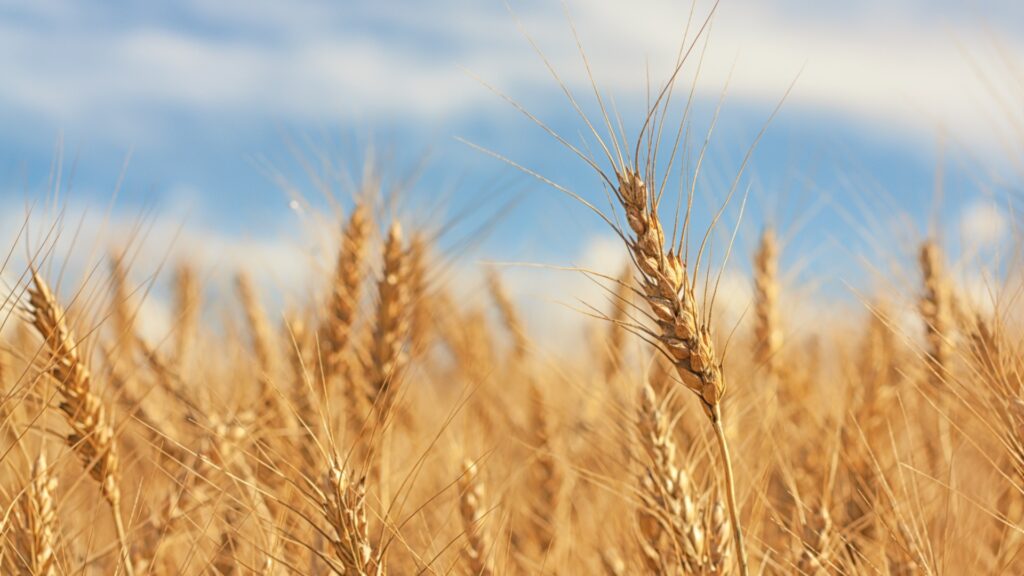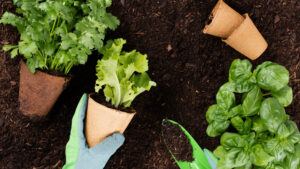by Shawn Crowle
This is part 3 of our series on sustainable gardening. You can read part 1 here and part 2 here.
Sustainable gardening practices aren’t just for your backyard – they’re shaping the future of agriculture on a global scale! As we faces the challenges of climate change, resource scarcity and a growing population, sustainable farming methods are becoming more important that ever.

1. Water Conservation
Farmers are adopting advanced irrigation techniques to reduce water waste. Drip irrigation has been a particular game-changer, delivering water directly to plant roots with minimal evaporation.
2. Organic Farming
The organic movement, which began in home gardens, has expanded to large-scale farms worldwide and become a multi-billion dollar industry globally. Relying on natural pest control, crop rotation and organic fertilizers like compost and manure, organic farming not only protects soil health but also reduces pollution and greenhouse gas emissions.

3. Crop Diversity and Rotation
In your garden, you might practice crop rotation to protect soil health. On a larger scale, farmers are increasingly adopting crop rotation and diversification to prevent soil degradation and increase resilience against pests and disease. By growing a variety of crops, farmers can break pest cycles and reduce the need for chemical interventions.
4. Conservation Tillage
Farmers are adopting conservation tillage methods similar to mulching in order to minimize soil disturbance, helping to retain moisture, reduce erosion, and increase carbon sequestration. Conservation tillage is a key component of regenerative agriculture, which aims to restore and enhance the health of farm ecosystems.

5. Sustainable Livestock Management
Sustainable livestock management is being implemented across the globe to reduce the environmental impact of meat and dairy production. This includes improving animal welfare, reducing methane emissions, and integrating livestock into crop production systems.
6. Renewable Energy on Farms
Just as homeowners are installing solar and wind turbines to power their homes and gardens, farms are increasingly turning to renewable energy to reduce their reliance on fossil fuels. From solar-powered irrigation systems to wind energy, renewable technologies are helping to make agriculture more sustainable and less dependent on non-renewable resources.
The sustainable practices you implement in your home garden are part of a larger movement that’s transforming agriculture worldwide!




